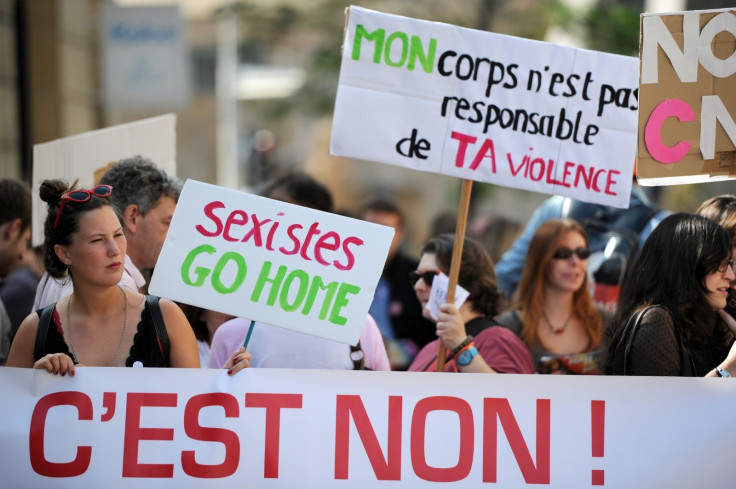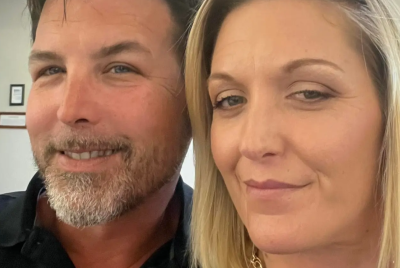Men in France to be fined for catcalling women
New law announced as Harvey Weinstein sexual harassment allegations mount.
Men in France will be fined on the spot for wolf-whistling at women under strict new harassment laws, the French government has disclosed.
France's women minister, Marlene Schiappa, announced on Monday (16 October) that a new law would ban catcalling and wolf-whistling in a bid to tackle sexist male attitudes in public spaces.
"It's completely necessary because at the moment street harassment is not defined in the law," Schiappa told RTL radio. She added that parliament would vote on the new law next year.
The announcement comes as women continue to come forward with rape and sexual harassment accusations against Hollywood producer Harvey Weinstein.
The Weinstein scandal has rekindled the debate about sexual harassment and encouraged women around the world to share their experiences of being abused and preyed on by men on social media with the hashtag 'MeToo.'
Another trending hashtag in France, #balancetonporc, is encouraging women to report harassment in the workplace.
When asked about the difference between flirtation and sexual harassment, Schiappa's response was blunt: "We know very well at what point we start feeling intimidated, unsafe or harassed in the street."
She gave several examples, such as when a man invades a woman's personal space by standing "10, 20 centimetres from your face" or when a man asks for a woman's number "17 times."
"The symbolic value of laws that outlaw street harassment is very great," she said.
A cross-party taskforce composed of five MPs will come up with a definition of harassment that can be enforced by police officers, according to Schiappa.
Raphaelle Remy-Leleu of feminist organisation Osez le Feminisme (Dare to Be Feminist) said: "I hope that social tolerance will decrease after people become more aware of sexual harassment."
"There is a lot of work to be done," she added.






















